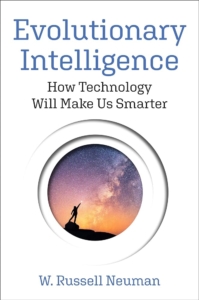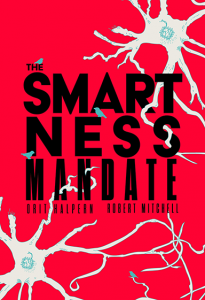“Off-Earth: Ethical Questions and Quandaries for Living in Outer Space” with Dr Erika Nesvold
As humanity sets its sights on venturing beyond the confines of Earth, it is immensely important to acknowledge that the journey to space is not merely a technological feat, but a profoundly human endeavour. From pinpointing destinations to preparing flight plans, from developing generational ships to designing habitats, from selecting teams to establishing communities, there is a crucial element that must not be overlooked: the human dimension. From fostering a sense of community and shared purpose among spacefarers to grappling with the enforcement of laws and the establishment of governance structures in extraterrestrial settlements, addressing these aspects is essential for the success and sustainability of our off-world endeavours. Erika Nesvold’s insightful book “Off-Earth: Ethical Questions and Quandaries for Living in Outer Space” serves as a timely reminder that space exploration isn’t solely about the scientific and technical aspects—it’s about grappling with the very human dilemmas that accompany such endeavours. In the episode of Bridging the Gaps, I speak with Dr Erika Nesvold.
Dr Erika Nesvold is an astrophysicist who has worked as a researcher at NASA Goddard and the Carnegie Institution for Science. She is a developer for Universe Sandbox, a physics-based space simulator. She is a co-founder of the nonprofit organisation the JustSpace Alliance. Erika is the creator and host of the podcast Making New Worlds.
We began by discussing the significance of understanding the human aspect of space exploration. The book covers a wide variety of topics and in our discussion we touch upon ethical, social and legal complexities that must be understood and adopted or redeveloped for our extraterrestrial settlements. We also discuss the concepts and principles that can be borrowed from the laws and charters devised during humanity’s exploration of open seas and oceans. Central to our discussion is the importance of initiating a dialogue now to foster an understanding of how our humanity intersects with the challenges and opportunities presented by space exploration. This understanding, we discuss, is fundamental in shaping a future that upholds ethical principles and fosters social equity.
Complement this discussion with “A Traveller’s Guide to the Stars” with Physicist, Author and Nasa Technologist Les Johnson and then listen to “The Next 500 Years: Engineering Life to Reach New Worlds” with Professor Christopher Mason.




Connect With Us